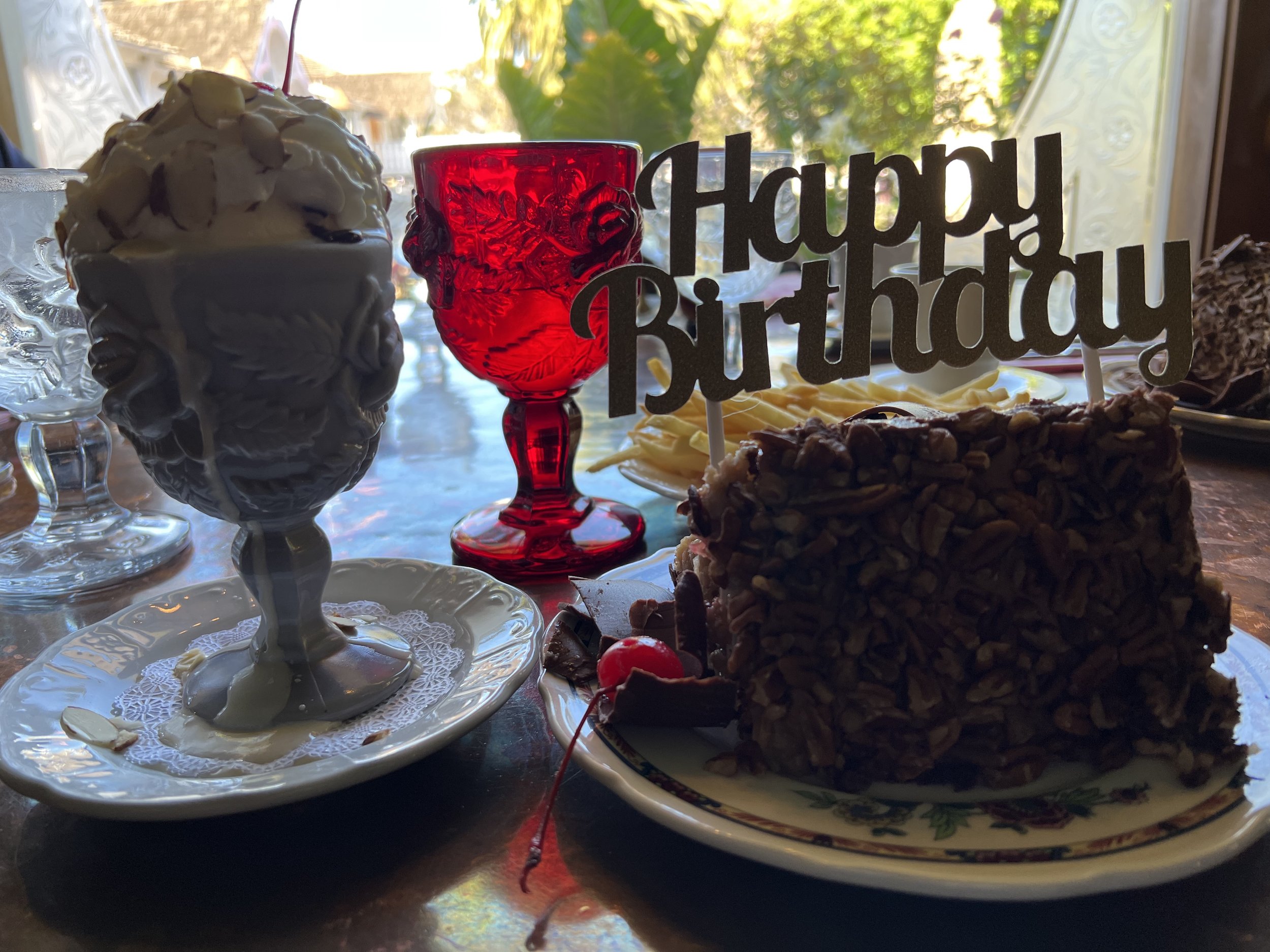My birth month, My birth story
June is my birthday month.
The month my mother gave birth to me, after I came too early for her to have a baby shower.
The month I was whisked away from her right after birth and she couldn’t see me for a day, even though she kept asking to be taken to me.
The month when the rules and the politics of the 70s made it so a young Chicana wasn’t or didn’t feel empowered to deny the wheelchair assist to the nursery to see her newly born daughter.
June is the month when I, a fresh to the world Magdalena Consuelo, cried so much in a hospital nursery that the nurses put a sign on me saying, “Don’t pick this one up. She cries too much.”
And June is the month when my young mother, vulnerable from going through the birthing process, was finally wheeled to the nursery and through the glass read the sign taped to my bassinet excluding me from comfort.
It was this month in June of 1976, that my mother first felt the acute pain of believing she failed me. She felt she didn’t protect me from an insensitive system and didn’t fight hard enough to save me from being alone in my newness.
Her first impressions of herself and the ones that have lasted are of not measuring up as a mother and of missing out. Baby showers, sweet mama-baby hospital cuddling, blissful connections. Guilt and disappointment are the lasting emotions of our beginning.
Is this a familiar feeling for you?
Birth and the postpartum period are vulnerable times, when we as birthing people descend into an unknown world, where unexpected wonderful and frightening things happen. We descend into “Labor Land” as Pam England puts it, and our bodies and minds are pushed beyond anything we have ever experienced. And in our early months and years of parenthood, our ability to cope is tested over and over with new skills to learn and new emotions to feel.
This first experience of meeting ourselves as mother, father, parent can stay with us forever. It can taint and decorate our experience with our child. It can inform how we parent our child, how we connect with them, how we perceive them.
I know this first hand because every June, since I can remember, I have been told my mother’s story of my birth. I have only recently come to understand that she is processing again and again the negative self beliefs that flourished in the moments after my birth.
I can feel when she bumps up against this belief again as she interacts with me today and as a mother now myself, my heart aches for her pain when before I only ached for my itty bitty self.
This is my very personal reason for why I work with parents to address and resolve their birth and postpartum experiences. I know that the painful echoes of these early experiences reverberate long after this time passes.
It actually doesn’t have to be that way. There is medicine in every one of our birth/postpartum stories. Medicine that is a powerful antidote to the pressure and unrealistic expectations society has of parents, and especially mothers.
